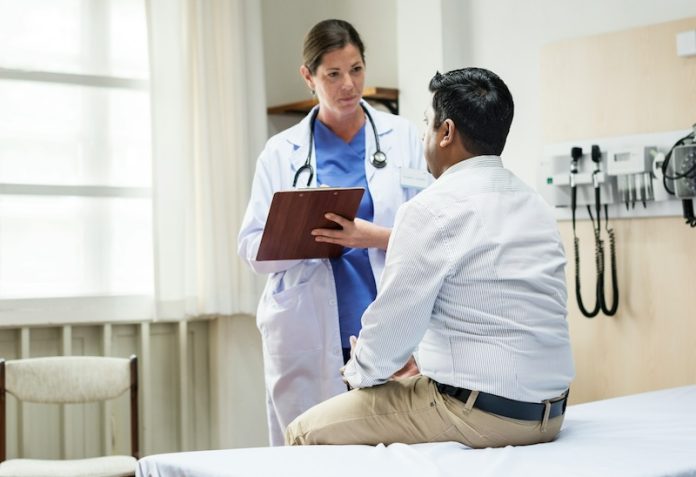
Early detection of cancer can significantly increase the chances of successful treatment and survival. Research shows that when cancer is found in its early stages, treatments are often simpler, less invasive, and more effective.
While advances in technology and medicine have improved early detection methods, there are also practical steps individuals can take to improve their chances of catching cancer early.
Screening tests are one of the most powerful tools for early cancer detection. These tests are designed to find cancer before symptoms appear.
For example, mammograms can detect breast cancer, colonoscopies can identify colorectal cancer, and Pap smears or HPV tests can catch cervical cancer. Research has repeatedly shown that these screenings reduce cancer deaths.
For instance, a large study published in The Lancet found that regular mammograms reduced breast cancer deaths by 25% among women aged 50 to 69. Similarly, colonoscopies can identify pre-cancerous polyps and allow doctors to remove them before they develop into cancer.
Knowing your family history is another key to early detection. Certain cancers, such as breast, ovarian, and colorectal cancer, can run in families. If you have a close relative who has had cancer, it’s important to share this information with your doctor.
They might recommend starting screenings earlier or having them more frequently. Genetic testing is also an option for those with a strong family history, as it can identify inherited mutations that increase cancer risk.
Paying attention to your body and recognizing warning signs can also make a big difference. Unusual symptoms, such as a persistent lump, unexplained weight loss, changes in bowel or bladder habits, or a sore that doesn’t heal, should not be ignored.
While these symptoms don’t always mean cancer, they should be evaluated by a healthcare professional to rule out any serious conditions.
Research published in Cancer Epidemiology highlights that people who delay reporting symptoms often face more advanced cancer stages, leading to poorer outcomes.
A healthy lifestyle plays a role in cancer prevention and detection. Regular check-ups with your doctor can help identify potential risks early. During these visits, your doctor may perform routine blood tests or physical exams that can reveal subtle changes in your health.
Quitting smoking, eating a balanced diet, staying active, and protecting your skin from the sun are all steps that not only lower your cancer risk but also improve your overall well-being.
Advances in technology are also making early detection easier. For instance, blood tests that detect tiny fragments of cancer DNA, called liquid biopsies, are being developed to catch cancer early.
A recent study published in Science demonstrated that these tests could detect multiple types of cancer even before symptoms appear, with promising accuracy rates. While these tests are still being refined, they represent a significant step forward in the fight against cancer.
The importance of early detection cannot be overstated. According to the American Cancer Society, the five-year survival rate for many cancers is much higher when caught early.
For example, the survival rate for localized breast cancer is 99%, compared to 29% for cancer that has spread to other parts of the body. This highlights how early action can make a life-saving difference.
In summary, regular screenings, knowing your family history, being aware of warning signs, maintaining a healthy lifestyle, and staying informed about new technologies are all vital steps toward early cancer detection.
Catching cancer early not only improves outcomes but can also simplify treatment and enhance quality of life. It’s a reminder to prioritize your health and never hesitate to seek medical advice if something feels off.
If you care about cancer, please read studies that a low-carb diet could increase overall cancer risk, and vitamin D supplements could strongly reduce cancer death.
For more information about health, please see recent studies about how drinking milk affects the risks of heart disease and cancer and results showing higher intake of dairy foods linked to higher prostate cancer risk.
Copyright © 2024 Knowridge Science Report. All rights reserved.



